Islam, Pluralism, Nationhood: Legacy of Maulana Azad
Maulana Abul Kalam Azad, commonly remembered as Maulana Azad, rose to prominence through his work as a journalist, publishing works critical of the British Raj in the early 1920s. A powerful writer and an equally timulating orator, his sway over the Muslim communities was considered a threat by the government which looked for every opportunity to clip his wings and restrain his activities. But Azad took these tribulations gracefully and came to play a very decisive role as a senior leader of the Independence movement. Like his pen-name Azad, which meant free, here was a man who relentlessly strove to remove the shackles of incapacious thinking, challenging its rigidity, wisely integrating the munificence of Islam and pluralism into the folds of nationhood. In an unconventional form of storytelling this book seeks to provide the thrill and opportunity of being a historian and an explorer, to each reader. A compilation of confidential facsimiles of notes, memos and letters, rich and varied, they unfold Azad’s story like never before. The detailed ‘history sheets’ compiled by the Intelligence Bureau, are as informative as entertaining, conveying the tentativeness at the heart of an anxious and apprehensive government. The other documents reflect government policies in relation to the popular upsurge that had taken place in some parts of the country, an agitation that also drew Azad into the nationalist fold. Post- Independence communications on policies that were gradually shaping the young independent India also shed ample light on Azad’s robust conviction of combining the essence of Islam and pluralism in building a new nation.
Get it now and save 10%
BECOME A MEMBER

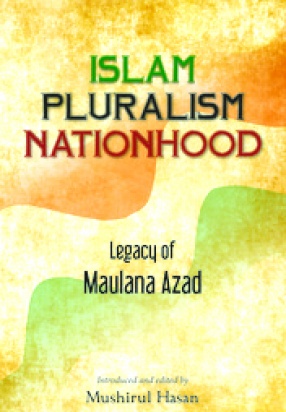

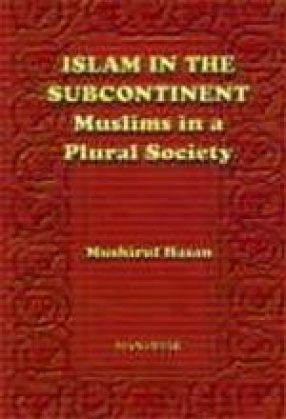
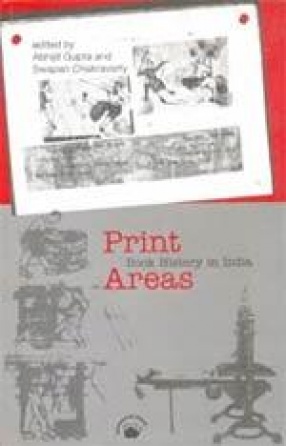
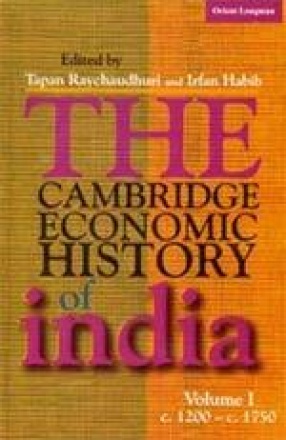
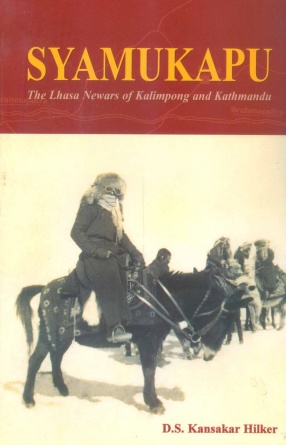

Bibliographic information